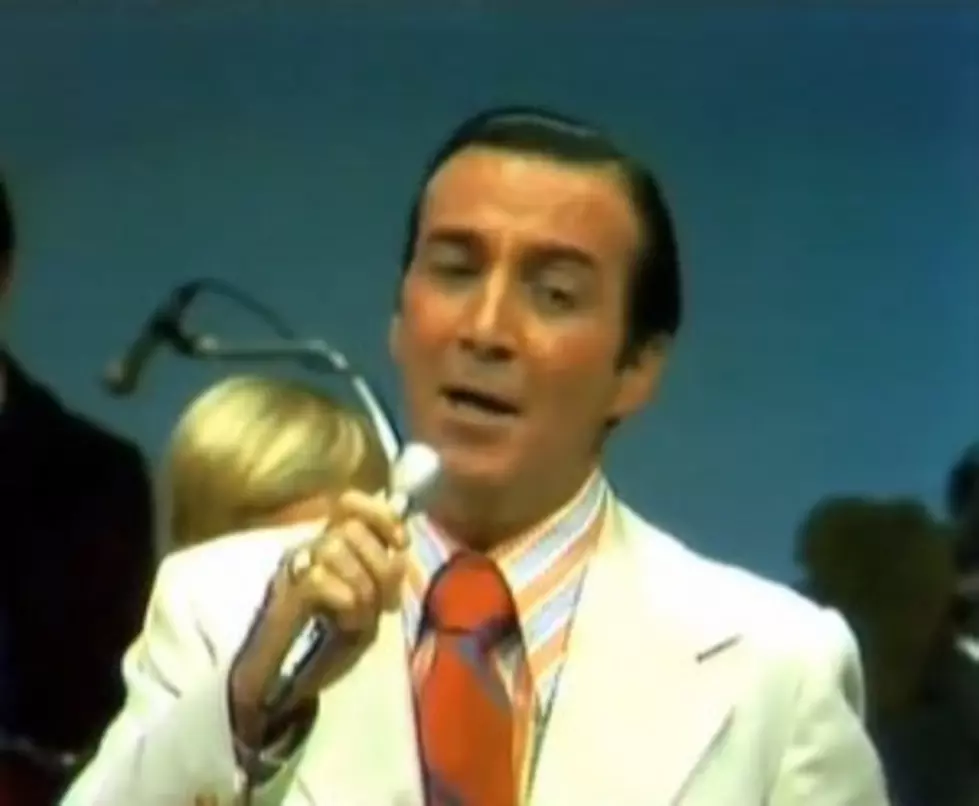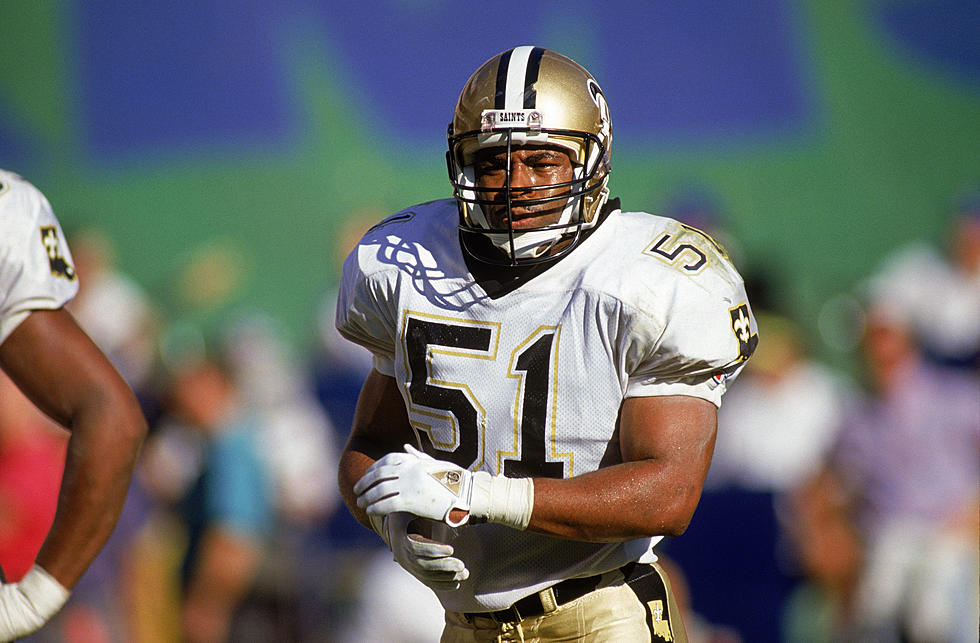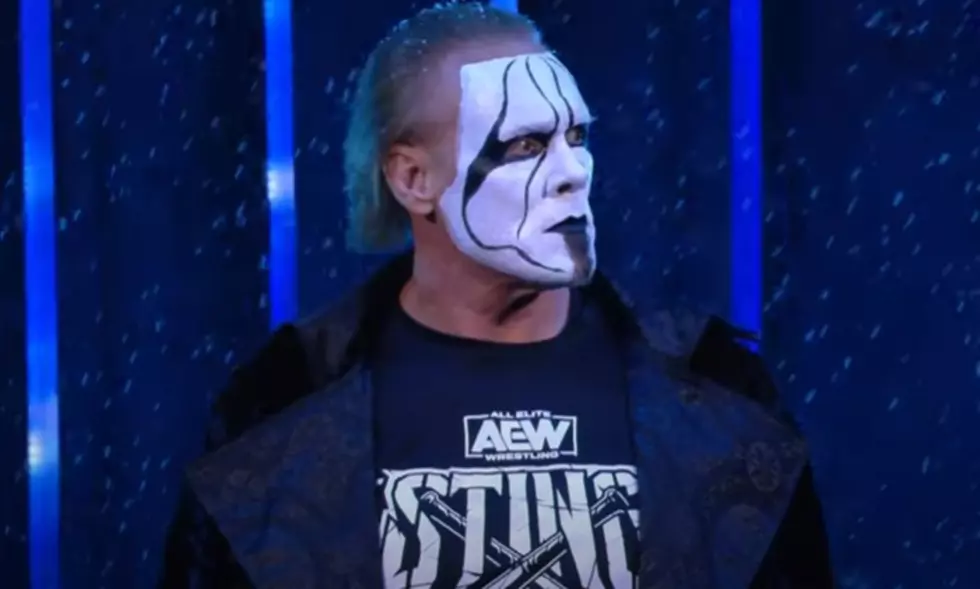
Hall Of Fame Member Of The Week “Faron Young”
Born in Shreveport and raised on a farm outside of town, Young, as a teenager, was more interested in pop music than country. But that changed when his high school football coach, who moonlighted in a country band, started Young singing at the local Optimist Club and nursing homes. Young then met Webb Pierce and began working with Pierce in clubs and on KWKH. By 1951, Young was appearing on the radio station’s feature program, the Louisiana Hayride.
From the early 1950s through the mid-1970s, Faron Young was among the top stars and most colorful personalities in all of country music. Signature hits like “If You Ain’t Lovin’ (You Ain’t Livin’)” and “Live Fast, Love Hard, Die Young” marked him as a honky-tonk man in both sound and personal style, while other chart-topping singles like “Hello Walls” and “It’s Four in the Morning” showed off his versatility as a vocalist. A music industry entrepreneur, he invested in Music Row real estate, and in the 1960s he published the influential trade paper Music City News. Though his career did not lack for controversy, Young’s voluble, outgoing personality was well received, and the entire community was as shocked as it was saddened when he died of a self-inflicted gunshot wound at the age of sixty-four.
Though he recorded in Shreveport, Young’s first sides appeared on Philadelphia’s Gotham label. But by February 1952 he had been signed to Capitol Records, for which he would record for the next ten years. His first Capitol single appeared that spring, and soon thereafter he moved to Nashville. He recorded his first chart hit, “Goin’ Steady,” in October 1952, but his career got sidetracked when he was drafted the following month. While in the service, he performed on army recruitment programs and continued to record. He was discharged in November 1954, just as “If You Ain’t Lovin’ ” was hitting the charts.
More From 1130 The Tiger


![Watch: Peyton Manning’s Hall of Fame Speech Lived Up to the Hype [Video]](http://townsquare.media/site/37/files/2021/08/attachment-GettyImages-1333107992.jpg?w=980&q=75)






